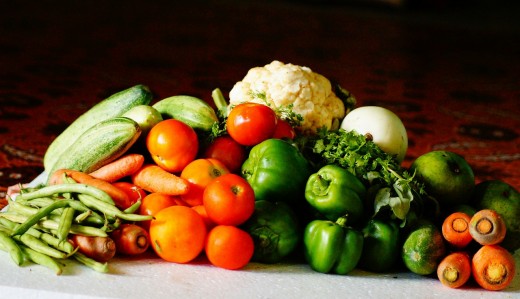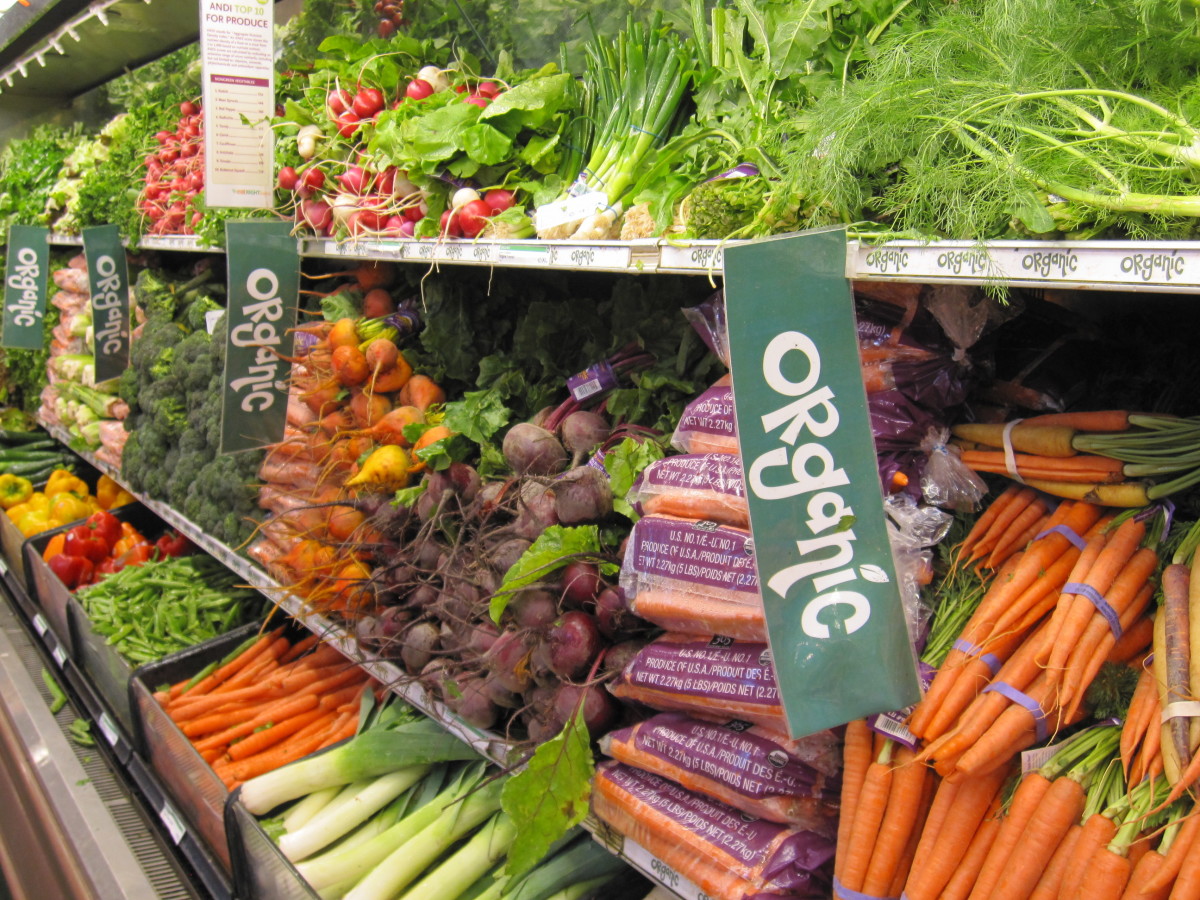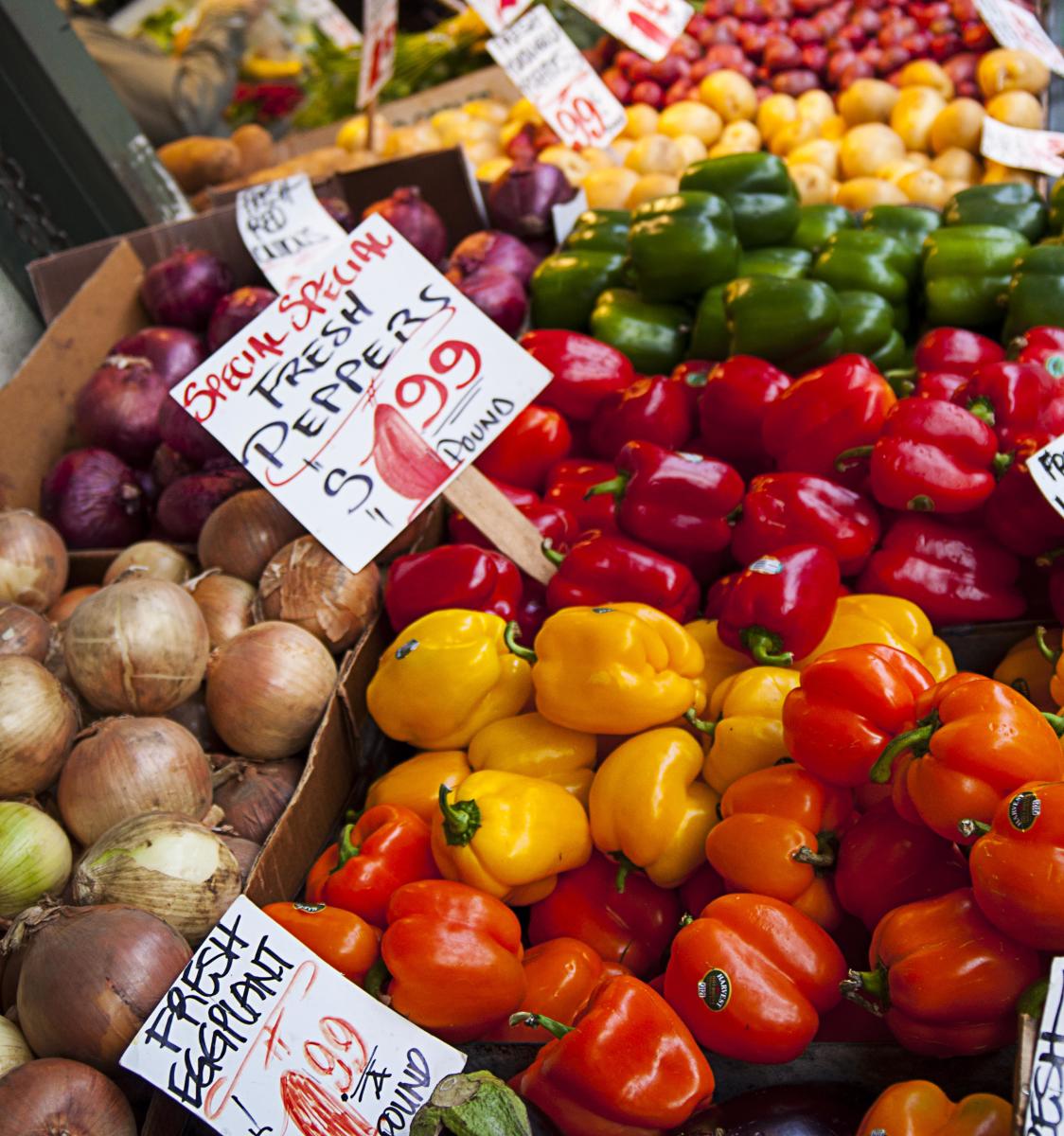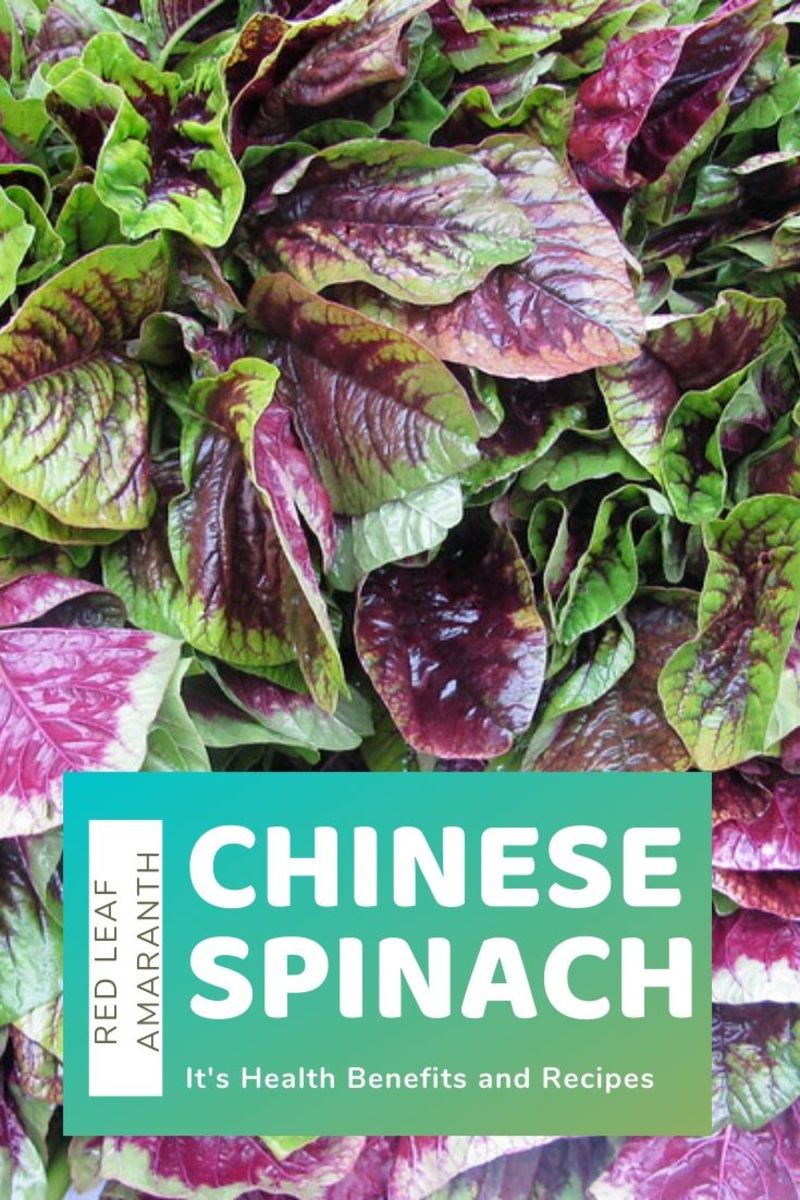How to Buy Organic Food Ingredients in India

Why Should You Buy Organic?
Organic food is not a fad anymore, neither is it new. Remember your grandparents always talked about pure food grown in their kitchen garden and remember how their generation rarely had lifestyle illnesses such as cancer, diabetes, autoimmune conditions, and so on? Unfair amounts of pesticides through conventionally cultivated foods are a leading cause of health issues in this century and hence, organic food to the rescue.
Here is how eating organic helps.
- Combats and prevents lifestyle illnesses
A study has shown that consuming organic food could significantly lower the risks of lifestyle illnesses related to allergies and obesity. While a direct correlation has not yet been formed, it is generally seen that the overall nutrient content of organic food is higher than in non-organic food. This is because of the lower amounts of chemicals that crops need in organic agriculture.
Also, switching to an organic diet while dealing with lifestyle diseases might have positive effects on anyone, regardless of the geography. Especially people with autoimmune conditions might see lesser flare-ups and reduced inflammation when consuming an all-organic dietary protocol.
An important point to note is that contamination and low-nutrition are prevalent not only in non-organic fruits and vegetables but also in other food ingredients, especially meat. Free-range meat has been seen to contain higher levels of Omega-3 fatty acids (an essential compound for heart health) than conventionally grown meat. - Benefits the environment
It is not just for the sake of your health that you should switch to organic food. In the long run, organic agriculture largely benefits the environment as well. A healthy environment translates to healthy living not just for us, but also for our future generations. Among several environmental benefits of organic cultivation, the key ones are the reduction of soil erosion, an increase of biodiversity, less usage of energy, and reduced contamination of water. On top of everything, it is a healthy practice for farmers as they are no longer exposed to harmful chemicals during the farming cycle.
How to Choose the Right Organic Product?
Buying organic food while living in India is a challenge. Of course, you could argue that if you live in the countryside and grow your food, you could be pesticide-free. Even then, it is logistically impossible to grow all of your food. I’m talking about spices, rice, pulses, and even oil. If you live in big cities, your only option is to purchase organic food, but why is it so difficult?
First of all, there is not enough awareness among consumers about the benefits of eating organic. In countries like the US, there are health food stores in many places, but the concept is fairly nascent in India.
Secondly, it is hard to find organic food that is truly organic. You could look for labels and certifications, but there are many organic food ingredients out there that are not cultivated under proper guidelines.
Hence, if it sounds like you need some help in identifying the best ways to purchase organic ingredients, here are my recommendations on how to choose. Let us see how to buy organic with regards to brands, certifications, and trials.
By Brand
When choosing the best brand, please note that there is no one-size-fits-all. Some brands might be more accessible to you than others and hence, might suit you better. Also, try to purchase from brands that are solely into organic products. This is not to say that brands that produce both organic and non-organic products are bad, but if a brand is focused only on organic, there are lesser chances of cross-contamination. Here are a few popular organic brands of today.
Brand
| Product Range
| Price Range (High/Medium/Low)
|
|---|---|---|
24 Mantra
| Cereals, Spices, Pulses, Oils, Juices, etc.
| High
|
Phalada
| Spices, Oils, Fresh Produce, etc.
| High
|
Organic Tattva
| Cereals, Spices, Pulses, Beverages, Oils, etc.
| Medium
|
Pro Nature
| Cereals, Spices, Pulses, Oils, Juices, Sugars, etc.
| Medium
|
Turn Organic
| Cereals, Spices, Pulses, Beverages, Oils, Non-edibles, etc.
| Medium
|
Nutty Yogi
| Cereals, Spices, Pulses, Beverages, Oils, etc.
| High
|
By Certification
A lot of work goes into getting a brand certified for organic products. Although these certifications are not flawless, if you see these labels on the products in your organic store, it means they have gone through a rigorous screening process and are probably safer to consume. Here are various Indian and international certifications to look for. More certifications are not always better, but as international certifications may have slightly different parameters than Indian certifications, they could be worth the consideration. Beware of brands that advertise their products as ‘100 percent natural’. In many cases, they may be natural, but not necessarily organically grown.
Name of Certification
| Region of Certification
| Brands that carry this Certification
|
|---|---|---|
India Organic
| India
| 24 Mantra, Phalada, Organic Tattva, Pro Nature, Turn Organic
|
USDA Organic
| United States
| 24 Mantra, Phalada, Organic Tattva, Pro Nature, Turn Organic
|
Control Union
| Europe
| 24 Mantra, Organic Tattva
|
EU Organic
| Europe
| 24 Mantra, Phalada, Turn Organic
|
Trial and Error
Certifications only go so far in helping you identify organic products. Packaged food items such as cereals, rice, oil, etc. could be labeled with certifications, but what about fresh produce? If you buy a kilogram of unpackaged organic potatoes from your local organic store, will they provide you a certification sticker on the potatoes? Probably not. In such cases, all you need to do is rely on your instincts.
Fresh produce that is grown organically in India typically smells of manure made of cow dung. That is your clue number one. Secondly, look at the size of the produce. Organic food items usually look smaller and out-of-shape. If your raw veggies are smooth and big, they are more likely carriers of chemical pesticides. If these clues do not help, try them out. Organic vegetables have a distinctly good taste and often get done in a shorter time. Additional kudos to you if you feel any difference in your health by consuming the ‘non-certified’ organic fresh produce.
It is easier to identify chemical-free fish and chicken. With fish, shop for fresh fish that are probably still in the water. With chicken, always go for country chicken that is free-range from a reputed shop. When it comes to other kinds of meat, it is difficult to find free-range animals, but if you can, those are the best kinds of meat to get.
When certifications are scarce, try to buy your produce from designated organic stores instead of regular supermarkets that just have an ‘organic’ section. Again, cross-contamination is the factor here.
Eating Well is Key
When it comes to choosing organic food in India, no method is foolproof. The above are only guidelines based on some personal experience and conversations with other people. However, these tips might come in handy if you are unsure where to begin. Even though there is no knowing whether what you finally get into your kitchen is a 100 percent organic, this is the best that the country currently offers. If not anything else, switching to organic (even if it is 80 percent organic) is any day better than consuming food completely laden with pesticides.
This content is accurate and true to the best of the author’s knowledge and does not substitute for diagnosis, prognosis, treatment, prescription, and/or dietary advice from a licensed health professional. Drugs, supplements, and natural remedies may have dangerous side effects. If pregnant or nursing, consult with a qualified provider on an individual basis. Seek immediate help if you are experiencing a medical emergency.
© 2019 Rinita Sen








